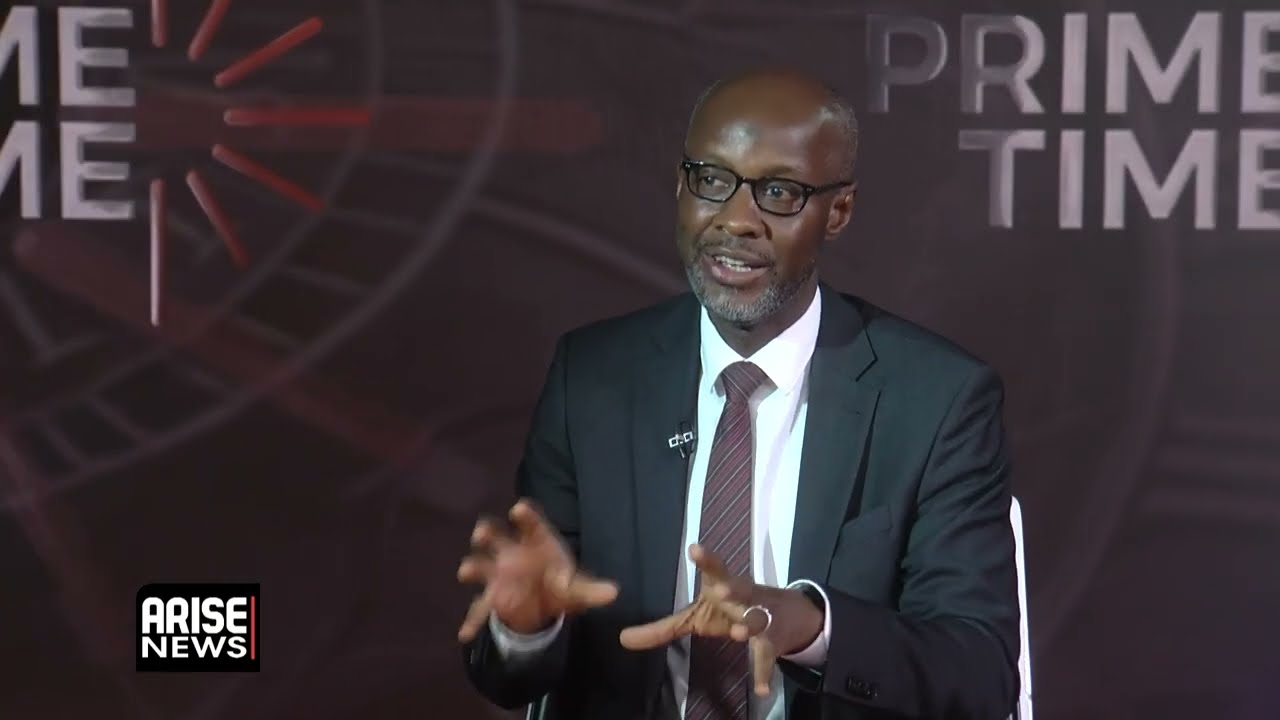
Nigeria’s top security analyst and CEO of Beacon Security and Intelligence Limited, Kabir Adamu, says fatalities from terrorist attacks in Borno State have begun to decline after peaking earlier this year — but warned that insecurity remains severe, with farmers still facing deadly risks beyond military-controlled towns.
Speaking on ARISE News on Wednesday, Adamu said that while the Armed Conflict Location and Event Data (ACLED) report correctly shows Borno continues to record the highest fatalities in Nigeria, the trend has started to dip since mid-2025.
“For the past five years, the average number of fatalities nationally has been about 10,000 yearly, with Borno accounting for roughly 3,000 of that figure,” Adamu said. “We started this year with about 1,000 deaths per month, peaking in April at 1,300. But by June it dropped to around 1,200, and in September we recorded about 580. It’s dipping — it’s coming down.”
However, he cautioned that “Borno still maintains the top spot in terms of fatalities,” adding that residents remain trapped in “fortress towns” surrounded by trenches dug by the military for protection.
“The city centres are fortress locations. But farming requires land — and those trenches can be 15 kilometres wide. So when farmers venture out to cultivate or gather wood, that’s when they encounter insurgents like ISWAP and JAS,” Adamu explained. “If they remain within the fortress towns, they are relatively safe. But once they step out, the risks are extremely high.”
Adamu identified four key reasons the insurgency persists despite government claims of progress: unblocked funding channels, continued access to weapons, recruitment of new members, and the militants’ ability to move across regions.
“We have not done enough to cut off their funding or access to weapons. They still kidnap for ransom and acquire arms from military attacks or across borders. They are also able to recruit and move freely,” he said. “At one point, they were contained in the North East, but now we have fronts in the North West and North Central. Unless we suffocate that oxygen, they will continue to spread.”
He also highlighted the limited capacity of agro-rangers and civilian JTF who escort farmers to the fields, saying their weapons are no match for the insurgents’.
“If the military sometimes struggles to withstand these groups, what do you expect of agro-rangers? The synergy between the security agencies needs improvement,” Adamu said. “Our monopoly of the air remains an advantage — no non-state actor has acquired weaponised drones — but we need rapid response to support ground teams.”
On the Borno Model, a community-driven initiative encouraging insurgents to surrender, Adamu acknowledged its achievements but urged better management of the process.
“At the last count, over 120,000 have surrendered since the Borno Model began in 2018,” he said. “That deserves commendation, but we must ask: what have we done with them? Have they been properly debriefed? Some reportedly return to violence. The model should be replicated nationally, but with tighter monitoring.”
Adamu stressed that Nigeria cannot end terrorism through force alone.
“You can never win a terrorism war through the kinetic approach only,” he said. “The root causes are socioeconomic, political, and tied to the behaviour of some security personnel. Unless we address these root causes and stop recruitment, we won’t see an end soon.”
Quoting his data, Adamu said from January to September 2025, Beacon Security recorded 6,874 abductions and 8,886 deaths nationwide. Yet he noted an encouraging decline in monthly figures.
“We’ve seen improved intelligence and more precise, intelligence-led operations. The introduction of forest guards by the president and governors is also commendable — our forested areas must no longer serve as safe havens for terrorists,” he said.
He called for a fairer approach to security to ensure all groups, including herders, feel protected.
“Agro-rangers support farmers, but who protects herders whose cattle are being rustled? Nobody. There can be no peace without justice. Every Nigerian must feel protected and fairly treated,” Adamu said.
Boluwatife Enome

